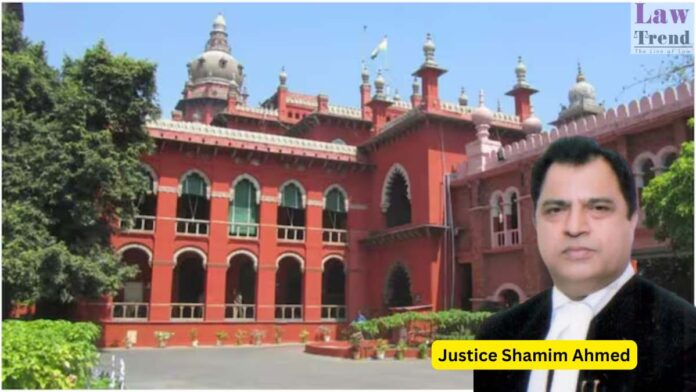In a significant decision, the Madras High Court has ruled that an offence under Section 138 of the Negotiable Instruments Act (N.I. Act) can be compounded at any stage, including after the dismissal of appeals or revisions, provided the parties reach a settlement. This judgment came in response to a criminal revision petition filed by
To Read More Please Subscribe to VIP Membership for Unlimited Access to All the Articles, Download Available Copies of Judgments/Order, Acess to Central/State Bare Acts, Advertisement Free Content, Access to More than 4000 Legal Drafts( Readymade Editable Formats of Suits, Petitions, Writs, Legal Notices, Divorce Petitions, 138 Notices, Bail Applications etc.) in Hindi and English.




